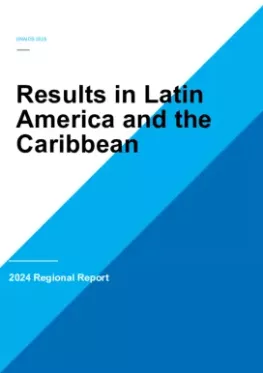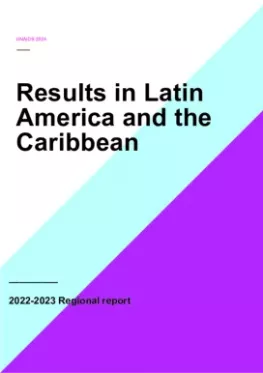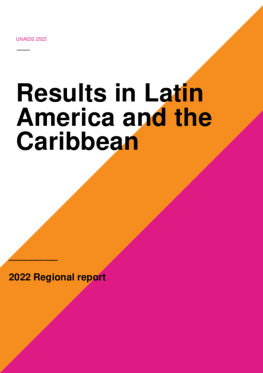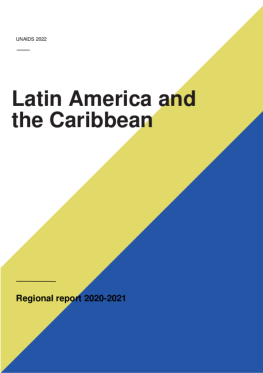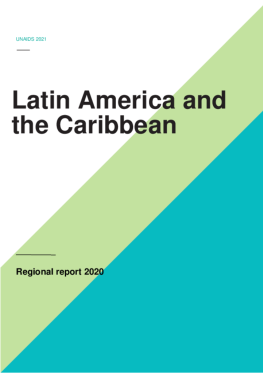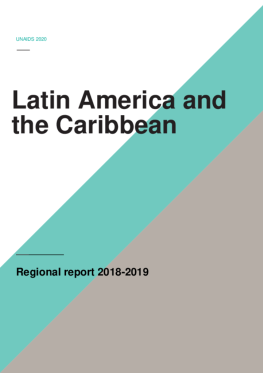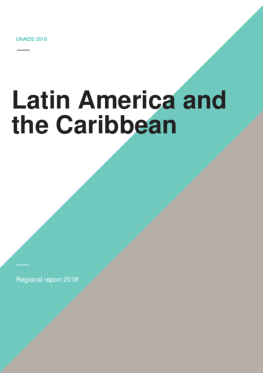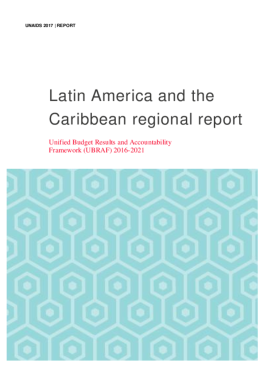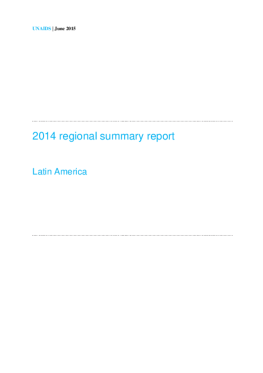During 2024, with the Joint Programme’s support, the HIV response in Latin America and the Caribbean made important progress in more equitable access to HIV services, community leadership and sustainability. Prevention services were expanded through the scale-up of pre-exposure prophylaxis (PrEP), HIV self-testing, and integrated outreach efforts, reaching key and other priority populations across 16 countries including in some with humanitarian settings. Strengthened national health information systems, updated guidance, targeted campaigns and capacity building for HIV and other health services delivery, including for survivors of gender-based violence, in stigma and discrimination free settings helped improve early HIV detection and timely access to quality treatment and care improving health outcomes for people living with and at risk of HIV.
Latin America and the Caribbean
Progress towards eliminating vertical transmission of HIV accelerated through the update of national plans and the development of implementation roadmaps. The Joint Programme supported data validation, coordination with government entities and civil society, and certification processes. The delivery of HIV treatment also improved, with increased coverage of optimized regimens and expanded access to paediatric formulations. Resistance monitoring and regional laboratory validation were reinforced.
Community-led approaches have become more central to the HIV response. Empowered peer educators, women living with HIV, LGBTQI+ individuals and youth leaders enhanced HIV literacy, integrated HIV and other health service delivery and rights-based advocacy. Initiatives supported more institutionalized close and inclusive collaboration between governments and communities for more enabling policies such as for HIV sensitive social protection, while partnerships helped advance HIV-related anti-discrimination legislation and workplace equality. For example, the 6th Caribbean Judges' Forum addressed the intersection of human rights, HIV, and trafficking with the Joint Programme’s support.
Thanks to the Joint Programme’s guidance and support, the region further advanced its path to more sustainable HIV responses. Sixteen countries-initiated HIV response sustainability roadmaps, aligning with broader national development goals. More integrated models linking HIV services with food security, income support and social protection as needed. Technical support, economic inclusion measures, and improved costing and surveillance tools also laid the groundwork for resilient and people-centred systems, better equipped to address current gaps and future challenges.


